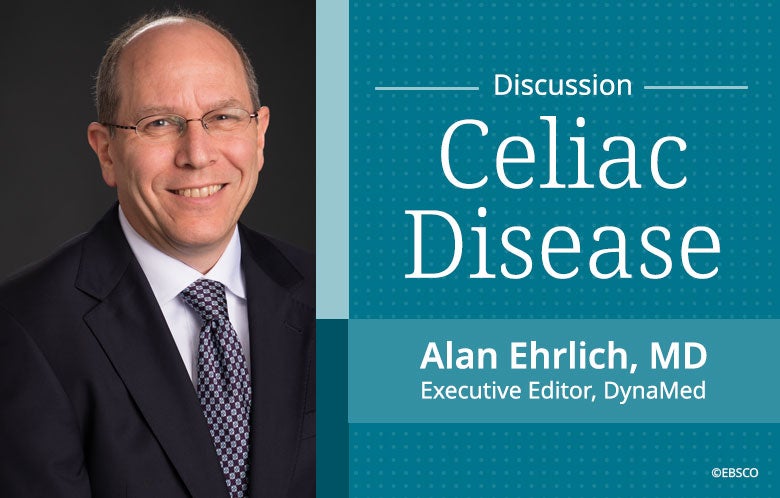Anorexia nervosa is a psychiatric disorder characterized by distorted body image, intense fear of weight gain, and severe weight loss behaviors (including dietary restriction) that result in unhealthy, sometimes dangerously low, body weight. This disorder is most common in female adolescents and young adults and presents between the ages of 10 and 29 years. Typical management involves counseling and refeeding to safely restore weight and nutrition. Even with regular treatment, anorexia is associated with serious medical complications, self-harm, and suicidal behavior.
Anorexia nervosa can affect nearly all organ systems, leading to cardiovascular, endocrine, gastrointestinal, neurologic, and osteo-related complications, among others. Anorexia has been described as an “all-consuming and overwhelming” condition that substantially compromises health-related quality of life, and the long-term recovery rate among surviving patients is reported to be 50-60 percent. With such devastating effects, many patients with anorexia do not survive. A meta-analysis of 41 studies found that compared to the general population those with anorexia nervosa had a five-fold increase in all-cause mortality and an 18-fold risk of death by suicide. Among psychiatric disorders, anorexia nervosa’s premature mortality rate is second to opioid use disorder.
Challenges to Diagnosing and Treating Patients with Anorexia Nervosa
Part of what makes anorexia nervosa so difficult to treat is that two distinct diagnostic criteria can be easily overlooked in clinical practice. The Diagnostic and Statistical Manual of Mental Disorders, 5th ed. text revision (DSM-5-TR) specifies that the criterion of distorted body image involves a perception of one’s body or shape as overweight even when body weight is low or very low. The criterion of intense fear of weight gain or becoming fat then manifests as perpetual behaviors that interfere with weight gain even when the person is underweight. Common misperceptions that eating disorders are not serious conditions or are simply temporary states of vanity in young patients can mask these defining features to the extent that they go relatively unnoticed. Additionally, there is a common belief within the field of psychiatry that anorexia is a niche disorder, resulting in overspecialization that has stalled the development of effective treatments.
Once diagnosed, outpatient therapy is usually the preferred setting for children and adolescents as it is the least invasive and least restrictive therapeutic option. However, inpatient treatment may be necessary once patients progress to having severe symptoms, psychiatric comorbidity, very low BMI (< 12-14 kg/m2), severe electrolyte or glucose abnormalities, or signs of cardiovascular complications.
If a patient is admitted for nutritional rehabilitation and management of complications, it is vital for clinicians to consider indications for the use of nasogastric tube feeding. In 2023, the Royal College of Psychiatrists (RCP) outlined any of the following as indications for this invasive and sometimes controversial intervention:
- If the patient cannot achieve sufficient oral nutritional and fluid intake from food and/or sip feeds to stabilize their physical health
- If the patient cannot eat at all, but is accepting of nasogastric feeding
- If life-threatening weight loss is present; a rough guide is median percentage BMI (%mBMI) < 13 in adults and %mBMI < 70 in children, but clinical judgment is vital
- If physical deterioration is causing immediate danger
- If the patient presents with biochemical or clinical instability, including refeeding syndrome
The RCP noted that sometimes patients with severe anorexia find nasogastric tube feeding to be an acceptable intervention because they feel less responsible for resulting weight gain. For others, weight gain by any means is psychologically distressing and invalidating, as distorted body image and intense fear of weight gain can be serious impediments to weight restoration in the short- and long-term. If medically necessary for life-threatening malnutrition, compulsory feeding requires a team of mental health professionals as well as consultation with a specialist for legal considerations.
Ethical and Legal Issues in Treating Severe Anorexia Nervosa
High-profile cases of severe anorexia nervosa have fueled debate surrounding ethical and legal issues involved in compulsory treatment and patient autonomy (including decision-making capacity). An recent editorial in JAMA strongly critiqued a New York Times Magazine article evocatively titled, “Should Patients Be Allowed to Die from Anorexia?” The article asked whether patients with severe, long-term anorexia who were no longer responding to standard treatment could consider palliative alternatives such as medical aid in dying, or being “allowed” to die naturally from starvation. It begs the question of whether a palliative approach to psychiatric disorders upholds the ethical principles of beneficence and nonmaleficence.
Decision-making capacity and informed consent are key considerations for any medical treatment. For patients with severe anorexia, questions may arise, such as: Is a patient’s decision-making sound if the extreme fear of weight gain drives them to interfere with life-sustaining care? Is compulsory life-sustaining treatment called for patients with cardiovascular abnormalities, fractures, gastrointestinal disorders, movement disorders, and other severe complications? Does patient autonomy supersede medical intervention? The gravity of these questions can lead to moral distress for clinicians, especially if patients object to the interventions offered.
The JAMA editorial suggested that rather than narrowly focusing on decisional capacity, holistic approaches to care may be better suited to integrate patient preferences and well-being into a treatment plan that attends to their psychological, physical, and behavioral needs. It also encourages clinicians to be aware of how their personal beliefs, feelings, and values might shape their approach to assessing decisional capacity in their patients. The capacity evaluation can be distorted if not approached carefully.
In sum, decisional capacity alone is not enough to decide on a suitable course of treatment. Treatment for anorexia nervosa requires a comprehensive, multidisciplinary approach from the outset ─ one that is both culturally appropriate and patient centered. Patients’ lives and well-being deserve nothing less.



